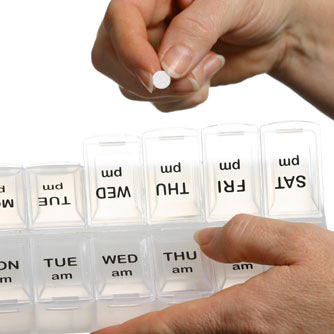Low-dose aspirin may help forestall cognitive decline, among elderly women at high cardiovascular risk.
Previously, studies report that low-dose aspirin demonstrates benefits in the prevention of cardiovascular disease. Anne Borjesson-Hanson, from the University of Gothenburg (Sweden), and colleagues studied 681 women, mean age 75 years, who were at high risk of a cardiovascular event. At the study’s start, 18.9% of the women were on a low-dose aspirin regimen, for which these subjects demonstrated an average decline on the Mini Mental State Examination (a standard assessment tool for cognitive function) was −0.05 for women on low-dose aspirin compared with a decline of −0.95 for non-users, over a five-year period. Among those specifically at high cardiovascular risk, the decline also was less for aspirin users (−0.33), as compared to non-users (−0.95). Observing that” Women on regular low-dose [aspirin] declined less on [Mini Mental State Examination] at follow-up than those not on [aspirin],” the stuidy authors conclude that: “Low-dose [aspirin] treatment may have a neuroprotective effect in elderly women at high cardiovascular risk.”
-
Silke Kern, Ingmar Skoog, Svante Ostling, Jurgen Kern, Anne Borjesson-Hanson. “Does low-dose acetylsalicylic acid prevent cognitive decline in women with high cardiovascular risk? A 5-year follow-up of a non-demented population-based cohort of Swedish elderly women.” BMJ Open 2012;2:5 e001288.


